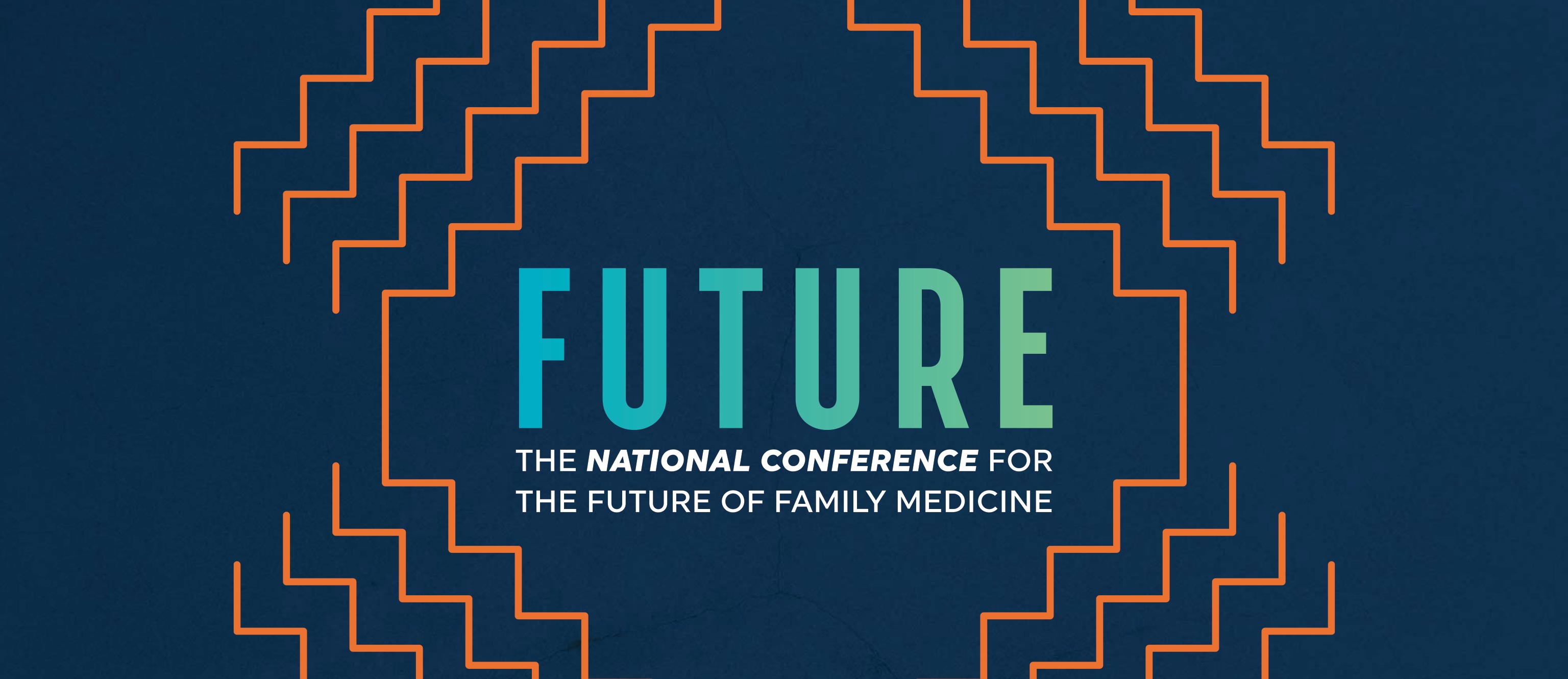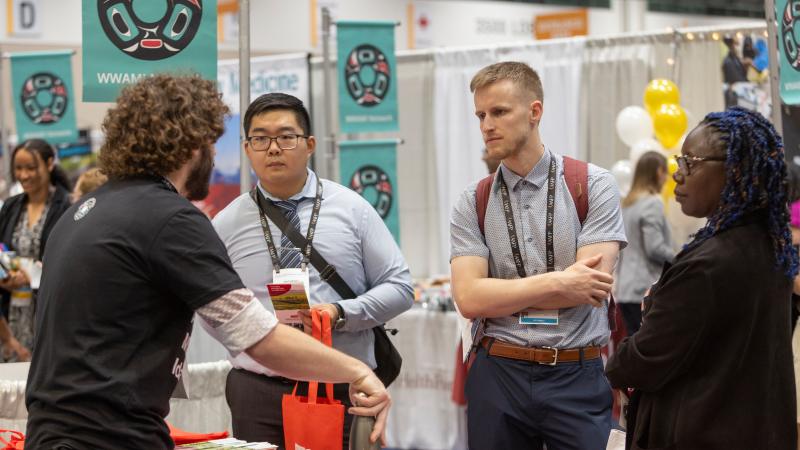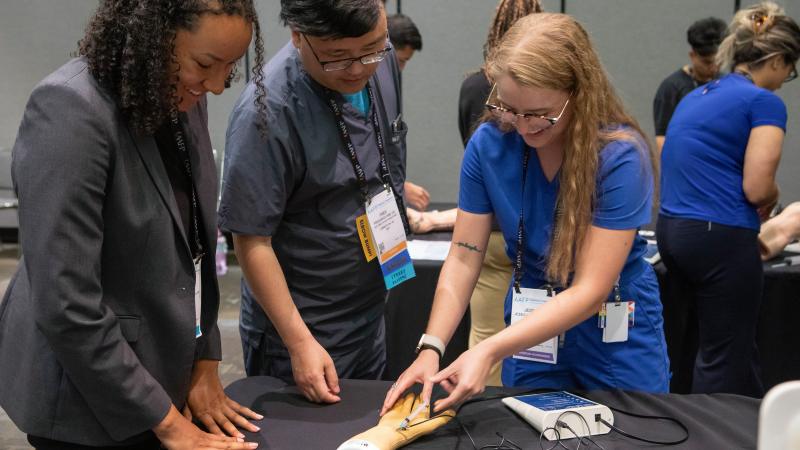
FUTURE
The National Conference for
the FUTURE of Family Medicine
July 30–August 1, 2026
Kansas City, Missouri
Explore the possibilities of a dynamic specialty. Make connections that last a lifetime. Join your peers at FUTURE and step into your power as a future physician.
It’s the education event of the year for medical students—even if you haven’t decided on family medicine.
5 Ways FUTURE
Supports Your Career
1. Connect with physicians ready to help you along your career path.
2. Get exposure to every part of the family medicine specialty.
3. Plan conversations with your top residencies in our Expo Hall.
4. Education is focused on improving the skills you need.
5. Meet others on the same journey – you’re not alone!

I’m Pursuing
Fam Med
Specialty education. Peers who relate. 450+ residency programs.

I’m Exploring
Specialties
Med school survival tips. A chance to practice clinical skills. Peer connections.

I’m a Fam Med Resident
Skill-building sessions. Potential employers. Post-residency opportunities.
"The unparalleled sense of community and support I find at FUTURE is truly special. It’s a place where I can connect with peers and mentors who share my passion for family medicine."
—Allison White, Attendee
"The sessions offered at FUTURE are specifically tailored to address the challenges faced by medical students, offering insights and practical advice from seasoned professionals in the field."
—Janet Nwaukoni, Attendee
"It's more than just an event; it's a celebration of our collective journey and achievements. FUTURE underscores the camaraderie and shared values that bind us as a community dedicated to family medicine."
—Dr. Bright Zhou, Attendee
